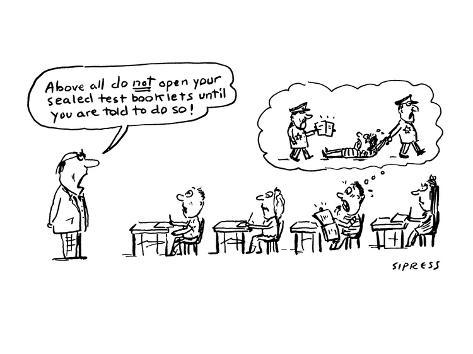
Friends With Money, a film written and directed by Nicole Holofcener in 2006. Friends with money represents different lifestyles, relationships and the problems a couple can face. The film features four female friends from different social classes.

Social class was expressed by wealth, education and occupations. The first scene in the movie was a scene of Olivia (Jennifer Aniston) cleaning houses. We saw Christine (Catherine Keener) in her office writing , which gave us an idea of her job as a television writer. Jane (Frances McDormand) the third character works as fashion designer. Franny (Joan Cusack) a housewife who does charity work. In all three occupations, social class was clearly displayed, where Olivia from the lower class, Christine and Jane from the middle class and Franny from the upper class. Wealth was the result of a good job. At some point in the movie they were delivering the idea of the more wealthy you are the less problems you have, and we saw that when Christine and Jane were talking about Franny and Matt (Franny’s husband)’s relationship and how they have a problem-free life.

Conspicuous consumption also took a place in this movie, we saw Franny’s husband buying their daughter a 95-dollar shoes, Jane’s husband buying her a fancy handbag for her birthday and Olivia’s addiction with Lancôme products.

Conspicuous leisure was shown in different ways through the restaurants they go to, buying tables in fundraisers events, women wearing designers’ dresses and jewelries and men wearning elegant suites and ties.


















































